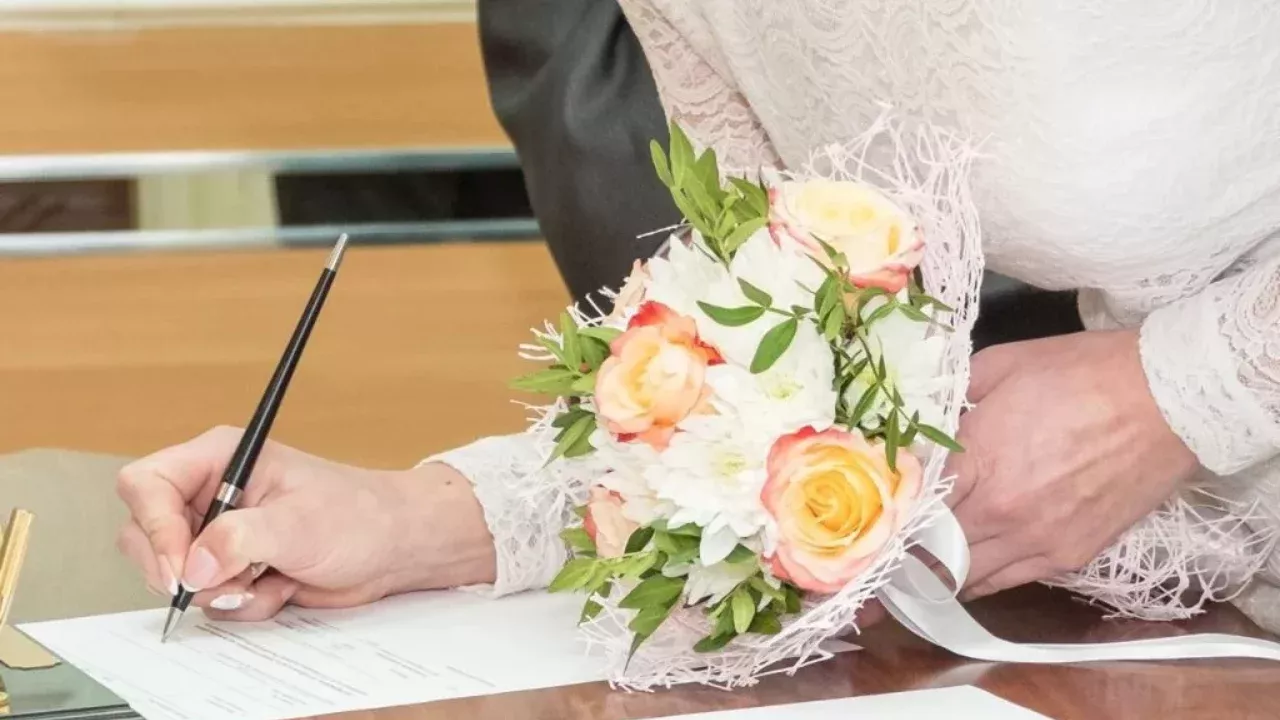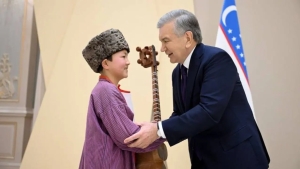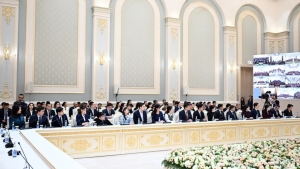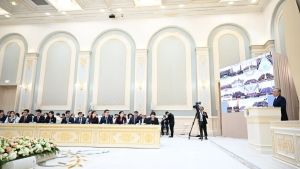The punishment for early marriage will be intensified

The issue of restricting early marriage cases in Uzbekistan and intensifying penalties for such violations has come back to the agenda. This was reported by Zamin.uz.
The President has tasked the development of a draft law in this area. This was announced by Deputy Prosecutor General Murodbek Mahmudov during a live broadcast on the “Uzbekistan 24” television channel.
According to current legislation, a fine of 5 to 10 times the minimum wage is imposed for entering into marriage relations with a person who has not reached the legal marriage age. Additionally, those who facilitate the marriage of a minor or conduct a formal marriage can face fines ranging from 7 to 15 times the minimum wage.
However, it is noted that these penalties are not yielding sufficient results in practice, and such cases continue to occur. The new draft law is expected to introduce criminal liability for such actions, not just administrative responsibility.
If a person accepts a girl who has not reached the legal marriage age as a de facto spouse, they may face a fine of 20 to 30 times the minimum wage, up to 240 hours of mandatory community service, or up to 1 year of corrective labor. If a person approaches a girl of childbearing age with the intention of marriage and takes actions to marry her or marry her themselves, they may face a fine of 30 to 50 times the minimum wage, up to 240 hours of community service, or up to 2 years of corrective labor.
These updates are being implemented to protect the rights and freedoms of children and to eliminate factors that hinder their physical and spiritual development. This is because marriage at an early age negatively affects their health, educational opportunities, and future life.
Experts emphasize that especially in rural areas, the customs of early marriage persist. There are cases where parents marry off their daughters before they finish school.
This negatively impacts the level of education and the activity of women in society. Often, such cases are related to the low legal awareness of young girls and their weak ability to protect their interests.
Sometimes, misconceptions held by parents also contribute to this issue. The task given by the President aims to address the social problem, review legislation, and strengthen penalties to get to the root of the issue.
Officials believe that this serves not only as a punitive measure but also strengthens moral norms, legal awareness, and parental responsibility in society. The next phase of the project is planned to be put up for public discussion and finalized based on broad opinions and suggestions.
The head of state’s directive is being assessed as an important step towards strengthening family institutions, protecting the rights of youth, and supporting women. From now on, the expression “I married off my child” will become a serious matter not only in the eyes of society but also before the law.
Every child is the future of the nation, and paying attention to their rights, education, and health directly impacts the development of the nation.







